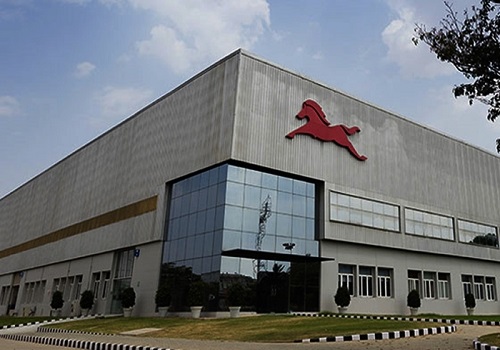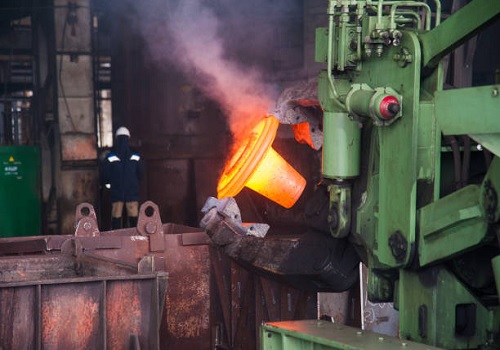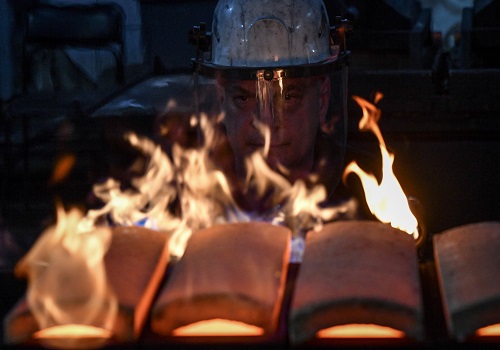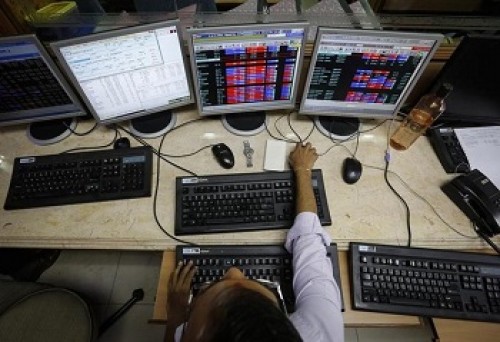Opening Bell : Markets likely to get optimistic start on firm global cues
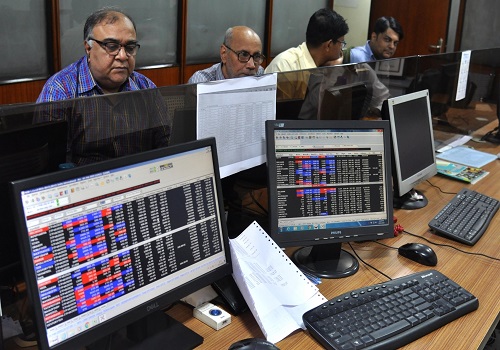
Follow us Now on Telegram ! Get daily 10 - 12 important updates on Business, Finance and Investment. Join our Telegram Channel
Indian markets ended lower on Wednesday as surging COVID cases in China and concerns over renewed outbreaks in other countries sapped risk appetite. Today, markets are likely to get optimistic start tracking firm global cues. Sentiments will get a boost as former Niti Aayog vice chairman Arvind Panagariya said the Indian economy is likely to grow at over 7 per cent in the current fiscal year, and observed that the growth rate should sustain next year too provided the forthcoming Budget does not have any negative surprises. Panagariya further said recessionary fears have been around for a while but so far neither the US nor the EU has gone into recession. Some optimism will come as Union Finance Minister Nirmala Sitharaman exuded confidence that tax revenue generation in the current fiscal year (FY23) would be sufficient to fund the additional spending of Rs 3.26 trillion, for which her ministry has sought Parliamentary approval. Traders may take note of report that India, which has already been in talks with Russia for a rupee-rouble payment system, is now looking at expanding the rupee trade with other nations as well, including several countries in Africa, UAE and Saudi Arabia among others. Meanwhile, Union minister Anupriya Patel said India has signed 13 free trade agreements (FTAs) and six preferential pacts so far with its trading partners for ensuring greater market access for domestic goods and promoting exports. However, renewed fears of covid-19, tepid foreign flows, and rising crude oil prices may weigh indices. As per provisional data available on the NSE, foreign institutional investors (FIIs) sold shares worth Rs 1,119.11 crore on December 21. Metal stocks will be in focus as rating agency Icra said the demand for finished steel in India is expected to grow eight per cent this year compared to 2021. It said supported by the government's infrastructure-led growth model, domestic finished steel demand has registered a double-digit growth of 11.9 per cent in the first eight months of the current fiscal. There will be some reaction in auto components industry stocks as the Automotive Component Manufacturers Association of India said India's auto components industry witnessed a 34.8 per cent growth to Rs 2.65 lakh crore in first-half of 2022-23, riding on domestic demand, particularly from the passenger vehicles segment. Besides, shares of Sula Vineyards will debut on the bourses today.
The US markets ended higher on Wednesday with help from upbeat Nike and FedEx quarterly earnings, as well as improving consumer confidence and easing inflation expectations from investors. Asian markets are trading mostly in green on Thursday carrying on the optimism on Wall Street.
Back home, Indian equity benchmarks fell for the second consecutive day and ended with losses of over a percent on Wednesday ahead of the release of the minutes of the Reserve Bank of India’s latest monetary policy meet and key macroeconomic data from the US, while fears of a recession linger. Markets made a positive start as traders took some support with the Reserve Bank of India (RBI) stating that waning input cost pressures, buoyant corporate sales, and a turn-up in investments in fixed assets suggest the beginning of an upturn in India’s capital expenditure cycle, which could help improve earnings in the coming quarters and speed up the ‘momentum of growth’ in the Indian economy. Traders also took note of report that the Fitch Ratings affirmed India’s sovereign rating at the lowest investment grade (BBB minus) with stable outlook holding that the country’s robust medium-term growth outlook is a key supporting factor. However soon, benchmarks erased initial gains and slipped into red in morning deals, as traders turned cautious with a labour bureau’s statement that retail inflation for farm and rural workers rose to 6.87 per cent and 6.99 per cent, respectively, in November on annual basis. Selling further crept in after Reserve Bank Governor Shaktikanta Das said underlying economic activity in India continues to be strong, but external factors will cause some dent to the economy. Some concern also came with a private report stating that mergers and acquisitions (M&A) activity globally fell well short of the high-water mark set last year as debt financing markets collapsed and stock market volatility decimated valuations, and dealmakers are predicting a slow path to recovery in 2023. Finally, the BSE Sensex fell 635.05 points or 1.03% to 61,067.24 and the CNX Nifty was down by 186.20 points or 1.01% to 18,199.10.

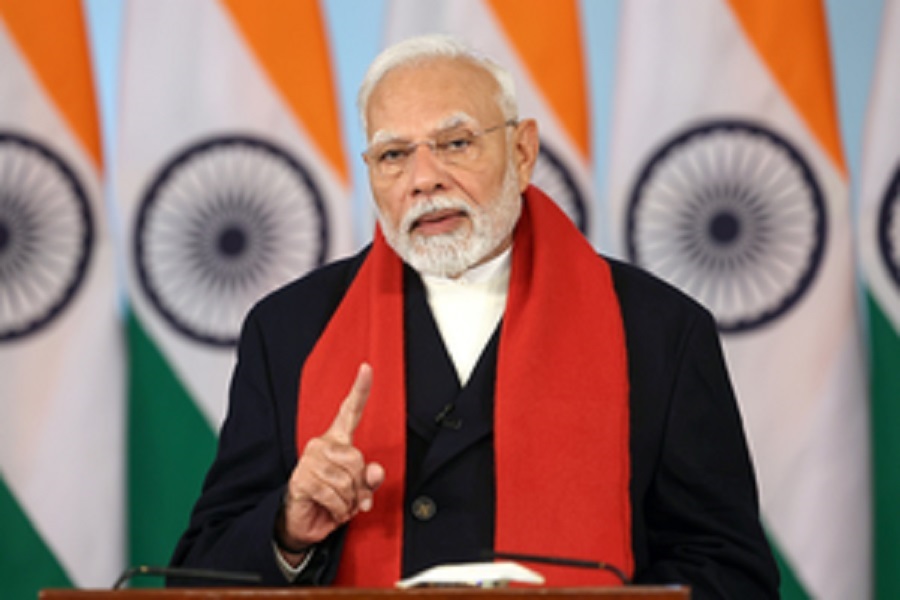




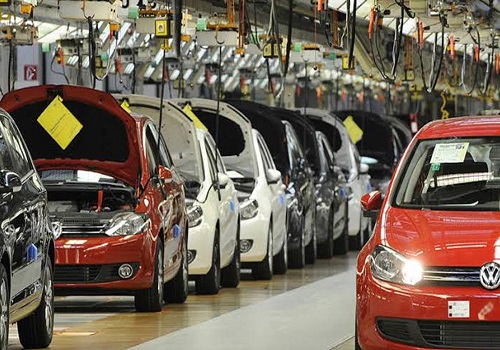

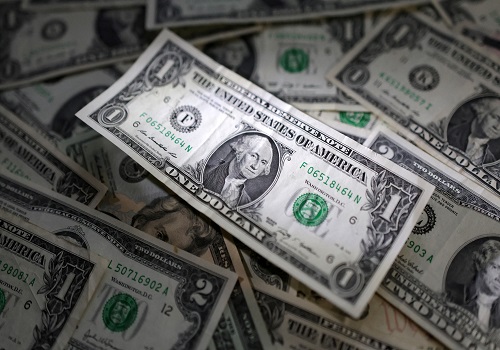

Tag News

Weekly Market Analysis : Markets strengthened recovery and gained nearly 2% in the passing w...






